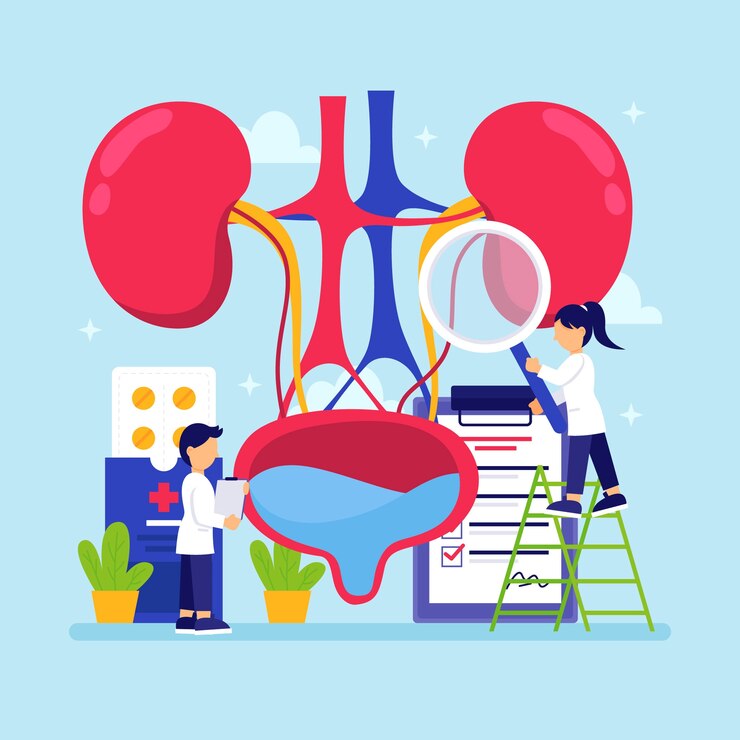
Exploring Treatment Options for Kidney Stones
Dealing with kidney stones can be painful, but there are various treatment options available to help you manage the condition and find relief. Here’s a simple overview of the treatment options for kidney stones:
Watchful Waiting
In some cases, small kidney stones may pass on their own without medical intervention. Your healthcare provider may recommend a “watch and wait” approach, where you monitor your symptoms and drink plenty of water to help flush out the stone naturally.
Pain Management
If you’re experiencing pain from kidney stones, your healthcare provider may prescribe pain medication to help alleviate discomfort. Over-the-counter pain relievers like ibuprofen or acetaminophen can help ease mild to moderate pain, while stronger medications may be necessary for severe pain.
Medications
Certain medications may be prescribed to help manage symptoms or facilitate the passage of kidney stones. These may include alpha blockers to relax the muscles in the ureter, which can help stones pass more easily, or medications to control urinary tract infections or reduce the formation of certain types of stones.
Extracorporeal Shock Wave Lithotripsy (ESWL)
ESWL is a non-invasive procedure that uses shock waves to break up kidney stones into smaller pieces, making them easier to pass through the urinary tract. This procedure is typically performed on an outpatient basis and does not require anesthesia.
Ureteroscopy
Ureteroscopy involves inserting a thin, flexible scope through the urethra and bladder to reach the ureter or kidney. Once the scope is in place, your healthcare provider can remove or break up the kidney stone using specialized tools.
This procedure is usually performed under general anesthesia.
Percutaneous Nephrolithotomy (PCNL)
PCNL is a surgical procedure used to remove large kidney stones or stones that are located in hard-to-reach areas of the kidney. During the procedure, a small incision is made in the back, and a nephroscope is inserted to locate and remove the stone.
Conclusion
The treatment options for kidney stones vary depending on the size, location, and composition of the stones, as well as the severity of symptoms. Your healthcare provider can help determine the most appropriate treatment approach for your specific situation, allowing you to find relief and improve your quality of life.
To seek medical advice, always consult a Doctor. Here are our recommended experts.
Click here
To read more on Kidney stones. Click Here

